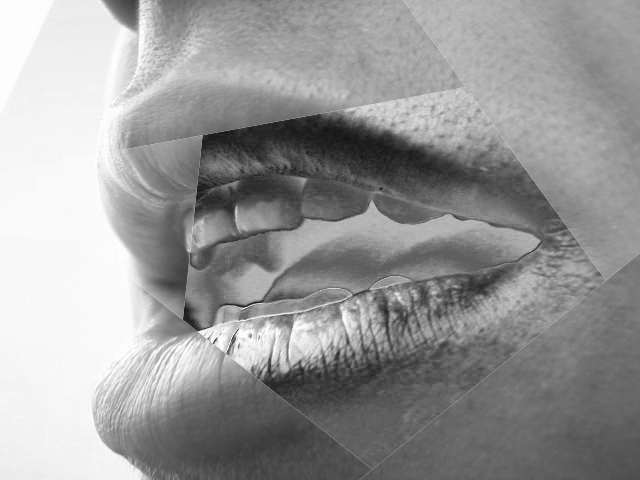Telling study plots memorable effects
 Research suggests the best way to remember something is to tell it to someone else.
Research suggests the best way to remember something is to tell it to someone else.
Repeating aloud boosts verbal memory, especially when it is done while addressing another person, says Professor Victor Boucher, a linguistics expert at the University of Montreal.
“We knew that repeating aloud was good for memory, but this is the first study to show that if it is done in a context of communication, the effect is greater in terms of information recall,” Boucher says.
To demonstrate this, the research team asked 44 university students to read a series of words.
During the task, the participants wore headphones that emitted white noise to mask their own voices and eliminate auditory feedback.
The subjects were submitted to four experimental conditions: repeating in their head, repeating silently while moving their lips, repeating aloud while looking at the screen, and finally, repeating aloud while addressing someone.
After a distraction task, they were asked to identify the words they recalled having said from a list that included words not used in the test.
The results showed a clear difference when the exercise was performed aloud in the presence of someone else, even though the participants had heard absolutely nothing.
Repeating in one's head without gesturing was the least effective way to recall information.
“The simple fact of articulating without making a sound creates a sensorimotor link that increases our ability to remember, but if it is related to the functionality of speech, we remember even more,” Boucher said.
Previous studies have shown that when we articulate a sound, we create a sensory and motor reference in our brain, by moving our mouth and feeling our vocal chords vibrate.
“The production of one or more sensory aspects allows for more efficient recall of the verbal element. But the added effect of talking to someone shows that in addition to the sensorimotor aspects related to verbal expression, the brain refers to the multisensory information associated with the communication episode,” Boucher explained.
“The result is that the information is better retained in memory.”
The study will appear in an upcoming edition of the journal Consciousness and Cognition.








 Print
Print